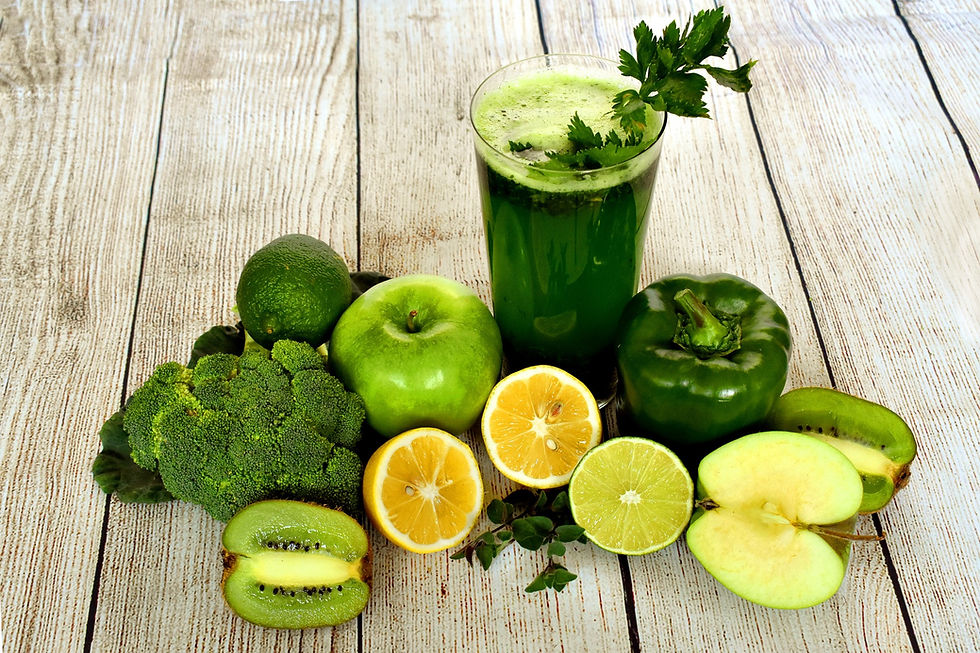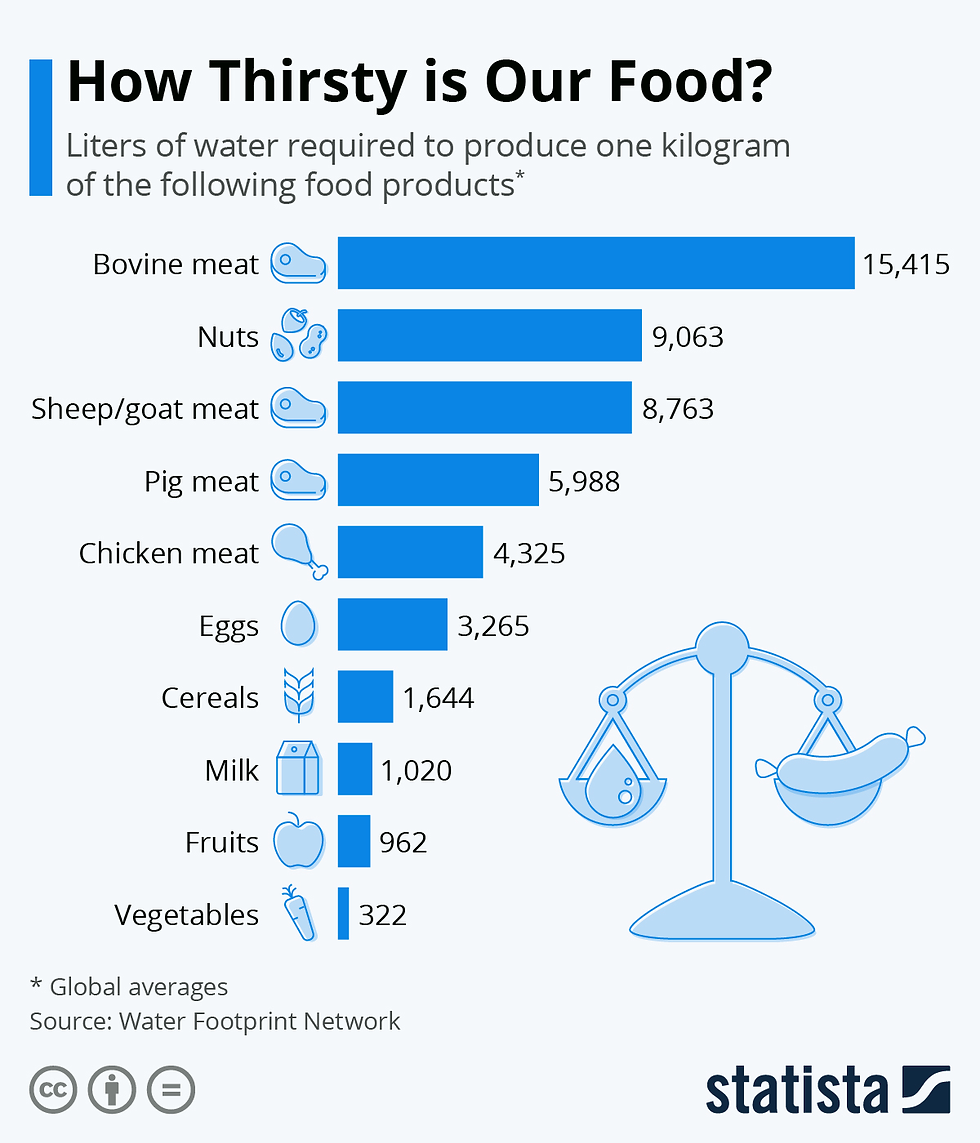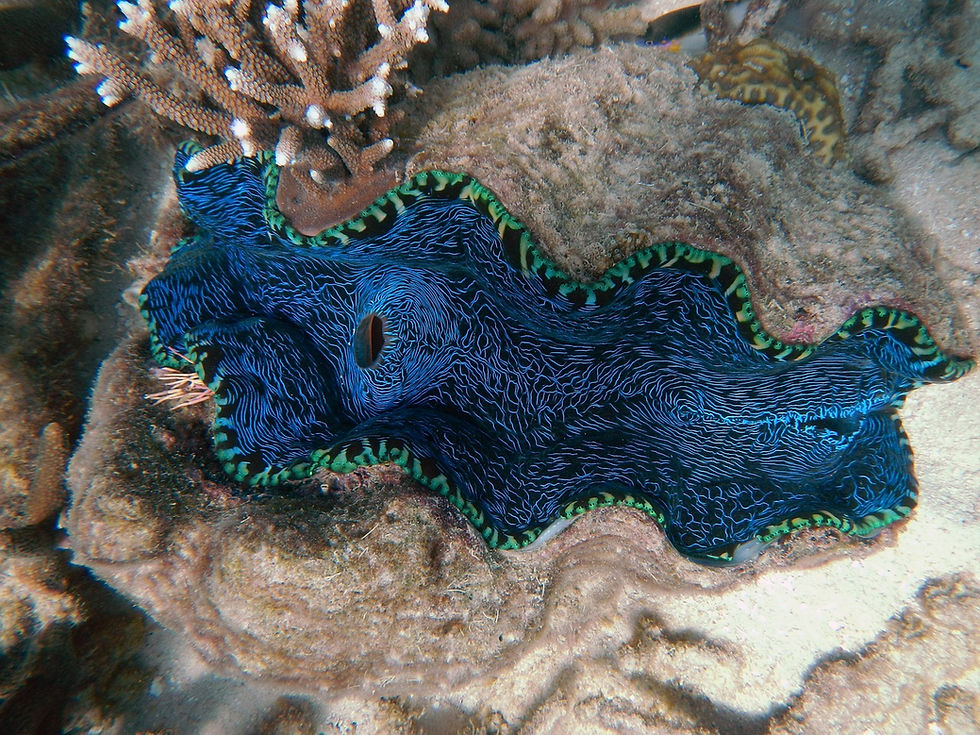Stupid Anti-Vegan Arguments Continued | Argumentative Analysis
- PracticalPisces
- Feb 14, 2023
- 8 min read
Updated: Feb 14, 2023

I have already made the case for why veganism cannot be argued against, but I feel that I must refute more common anti-vegan arguments in order to strengthen my case. Also, some people ask "why do vegans use the same arguments all of the time?" Well, there are typically no decent counterarguments to the ones we use regularly. Just like science, why stop asserting the information if none have debunked it yet?
Here we go!
1) Humans are Tool Users so We do not Need to Have Omnivore Adaptations.
We can use the hands, mouths, and digestive systems that nature gave us to consume most plants (the majority of fruits, greens, and ground vegetables such as plants in the allium genus) in their raw state, but the fact that we must drain blood from and cook meat does not mean that we are not biologically omnivores? What? Humans are biologically fit to consume most plant matter (seeds, flowers, greens, stems, taproots, and bulbs) in their raw state. In fact, onions, garlic, and shallots are best consumed raw, or fermented. We just do not have the tools for natural carnivory. We dislike the taste of blood (one must become desensitized to it or be desperate enough to consume it and it is high in heme-iron which increases your risk of hemochromatosis), we cannot easily separate meat from its source with our hands or teeth (we have teeth for gripping and grinding, not tearing and ripping and blunt nails instead of claws), and we cannot consume raw meat without a plethora of health risks, unlike actual omnivores and carnivores. Even after processing, there is nothing anyone can do to prevent meat, even wild meat, from being inflammatory and artery-clogging (saturated fat and cholesterol). Why moderate something you can live without? Just live without it. You will not miss any nutrients. And yes, farm animals are supplemented with B12. They are not a natural source of the vitamin. B12 is naturally created by soil microbes (bacteria) that live around plant roots. Water lentils (lemnoideae) are a potent, bioavailable, plant-based source of the vitamin.
But if we are herbivores, why are plants difficult to digest and absorb nutrients from? Like animals, plants develop defenses to avoid predation. If they did not, it would be difficult for the next generation of plants to survive. Examples of these defenses include saponins and tannins (both are bitter tasting), oxalates, phytates, and lectins.
Note: Saponins are great lathering agents. They are not appetizing however.
The first two can be removed with washing and soaking (which also make nuts and seeds easier to cook and/or chew).
Oxalates come in two forms: soluble and insoluble. The soluble variety binds to sodium and potassium as a salt and dissolves in water. Insoluble oxalates settle in the body and need to be reduced or else crystallization will form and increase the risk of kidney stones. Calcium counteracts the effects of insoluble oxalates by binding with them in the stomach and intestines before they enter the kidneys. Eating plants high in calcium can assist in the removal of oxalates. Also, cooking reduces the amount of oxalates present in foods. For raw foodists, fermenting can also reduce the oxalate content of vegetables. So yes, you can enjoy spinach without a skillet.
Phytates and lectins are water-soluble. Soaking or sprouting legumes, pulses, and seeds for a few hours will mitigate their affect on your body. Also, Vitamin C, which is high in fruits and leafy greens, counteracts the effects of phytic acid.
For the people who say "a vegan diet will not work for everyone" remember that there is no one plant-based diet. It can be high carb-low fat (moderate to high starch, moderate protein), high fat-low carb (high protein, low starch), high protein-low sugar (low to moderate fat, low to moderate starch), high starch-low sugar (moderate protein, high carb), or somewhere in the middle. Let us not forget how doable an alkaline plant-based diet is. You can also eat a low-glycemic plant-based diet.
2) Go Tell the Lions Not to Eat Meat.
Well, lions are obligate carnivores. Humans are not. Veganism is not about ending meat consumption. It is about eliminating unnecessary meat consumption. The philosophy is about avoiding harm to sentient beings as much as practically possible. Again, the goal is not to stop meat consumption altogether, because that would cause ecological imbalances due to lack of resources for overgrown populations of herbivores.
3) Plants are life too!
This is misunderstanding the purpose of veganism (just like the above). There is a reason why we do not jail people for pulling weeds or cutting grass. According to these people, topiary and bonsai are plant mutilation. Plants respond to stimuli. They do not possess brains and therefore do not have emotional responses to losing leaves, branches, or while in the process of dying. Veganism is not about mindlessly killing plants. (In fact, depending on how one sources "their" meat, they may contribute to more plant deaths than someone on a plant-based diet. Add that to the plant deaths they contribute to by consuming plants directly and the animal deaths required to produce meat.) The philosophy prioritizes sentient life over non-sentient life. That does not mean that plants, fungi, and bacteria are unimportant. In fact, without soil microbes, we would not get B12 naturally. Our guts have millions of species of good bacteria within them. Without them, digestion would be poor and your mood would be sour. A rich gut microbiome keeps the brain happy.
Additionally, eating plants is a good thing in nature. It controls the spread of plants by various means. Eating the foliage prevents plants from blocking sunlight so that other vegetation can nourish themselves. Eating the fruits helps with seed dispersal. Eating the seeds controls how many of a particular species will be allowed to germinate, should they be sown in ideal conditions. And eating the whole plant reduces the competition for other plants. The problem is, humans largely control what plant species dominate the landscape. We clear land to make space for crops useful for us instead of eating wild plants in accordance with their natural availability. (Also, native plants require less water. Additionally, wild plants often taste better and have a more impressive nutrient profile than their conventional counterparts.) Often the "weeds" we discard are nutritious (dandelions, wild lettuce, wild onions, thistle, etc.) and beneficial for the local environment, but we pluck them out of the ground because we want to grow our artificially-selected crops. This is not a vegan issue. If you care about plants, should you not be against a system where they are exploited for their genetics and used to replace edible (and often native) wild plants? I do not advocate for abandoning hybridized plant foods. These foods are plenty nutritious. I said what I did to point out how natural herbivory is actually beneficial to biodiversity.
Furthermore, the diet that hurts plants the least would still be vegan. A strict frugivore diet would, in nature, assist in seed dispersal, nourish you, and assist a plant in its natural cycle. On an entirely fruit-based diet, you could help yourself to pomes (apples, pears, rosehips, medlars, hawthorn fruits, etc.), berries (blueberries, bananas, grapes, cucumbers, tomatoes, tomatillos, citrus, peppers, etc.), drupes (peaches, plums, avocados, mangoes, cherries, etc.), aggregate fruits (raspberries, blackberries, strawberries, etc.), and composite fruits (pineapples, jackfruits, mulberries, etc.).
Fun fact: Prunes have iodine and Vitamin K in them. Vitamin K can also be found in blueberries and grapes.
This diet would be high in fiber, antioxidants, most vitamins, and low in calories. The main issue would be protein. Note: I do not advocate for this style of dieting. It may, however, be possible for some.
4) Almonds use a lot of water!

Note: According to the graphic, it takes a combined total of 38,776 liters of water to produce a kilogram of each animal product and 11,991 liters to produce a kilogram of all the plant products.
Vegans are not the only people who consume almonds or any other water-hungry crop. Since we are about (less than or equal to) 1% of the population world wide, the majority of the issue can be attributed to the omnivore crowd. Also, even the most water-sucking crops still require less water than meat. A decent orchard of almond trees could be established on tens of acres of land whereas a beef operation, depending on the size of the cows and the desired size of the herd, usually upwards of 100 individuals, would require hundreds of acres of land (anywhere from 1 to 4 acres per cow).


5) Harvesting Machines Kill Animals
Well I hope that all "omnivores" eat a heavily, or exclusively, animal-based diet or else they are hypocrites. Many crops are grown as animal feed. (Note: corn is not only fed to domestic animals as a byproduct of the ethanol industry. Additionally, wet distillers grains can be used as a source of phosphorus for other crops and corn gluten meal is a great plant-based fertilizer as well. The people who say that feeding these ethanol byproducts to factory animals is a necessary process to reduce waste are wrong.) Depending on how you source "your" meat, you very likely to be partially responsible for wild animal deaths attributed to harvesting forage and grains grown as feed. On top of that, eating crops grown for human consumption places some blame on omnivores for the deaths of wildlife that occur when those plants are harvested.
Like the almond argument, vegans are not the only ones who eat plants. Also, we have no control over the farming practices done to get us our produce. Furthermore, we do not know if the plants we consume were grown with crab, fish, feather, bone, or blood meal as fertilizers. The only way to assure that no cruelty went into crop growth and harvesting is to partake in veganic gardening. I still consider non-gardening vegans 100% devoted to the cause. Once again, they do not know what fertilizers are used to grow the produce they purchase from grocery stores. They would have to get word from the farmers themselves.
While I am at it, I might as well dispel the myth that grass-fed cow flesh is better for the human diet and the planet. When it comes to grass-fed beef, the environmental argument is dubious. First off, cattle do not graze the landscape the way bison do. Domestic cattle must be monitored to ensure that they consuming enough to keep their meat of high quality. Bison would be under natural pressures to keep their grazing within reason including the availability of their favorite foods, suitable habitat, and predation. This is not the case for cattle who will be introduced and removed and accommodated for as the demand for their meat fluctuates (and natural predators are often killed if they threaten profits). In the effort of getting meat to market as quickly as possible, cattle will be encouraged to eat as much as possible. (Consider this: a cow eats as much as 2-3% of her body weight in plant matter per day. If a steer weighed 1200 lbs., she would eat about 36 lbs. of plants per day. A dozen cows around the same weight range would consume over 400 lbs. of plants per day. This is by no means sustainable in the long run.) This is also the reason why most cattle are fattened up on grain in the last hundred or so days of their lives. Raising steers purely on pasture greens would require more land, more time, and would reduce a considerable amount of plant life. How exactly is this environmentally friendly? The land that they graze could be given back to nature and the efforts spent raising them could go into bison reintroduction (which I doubt many would support unless a portion of the bison were turned into bison burgers because most humans cannot live without their luxuries). To the people who say "a single cow could feed a family for a month," I must remind you that a 10x10ft garden could grow several pounds of fresh produce to feed that family for months. Even more plants could be grown if vertical farming (growing plants in containers on shelves and trellising vine plants) is utilized.
And that is all I really want to cover in this post. This will probably not be the final time I cover bad non-vegan arguments, but after the amount of work this post took, it will be some time before I make another like it.




_edited.jpg)





コメント